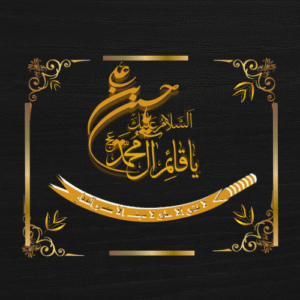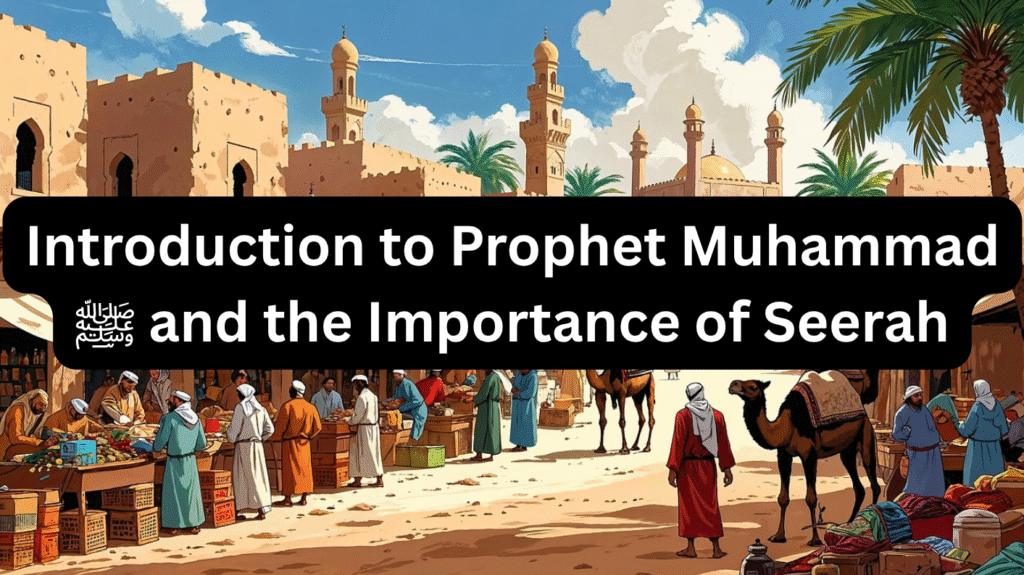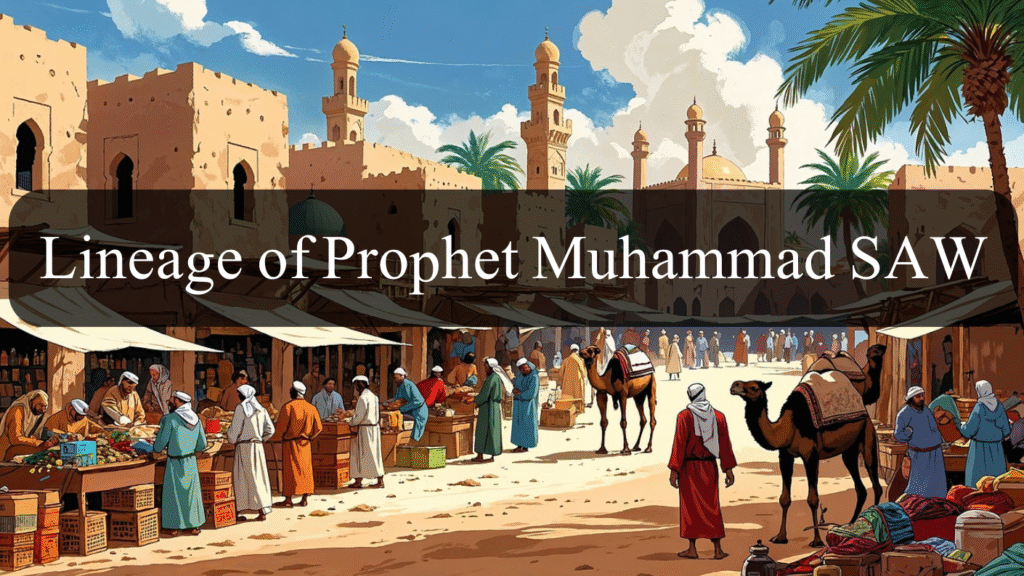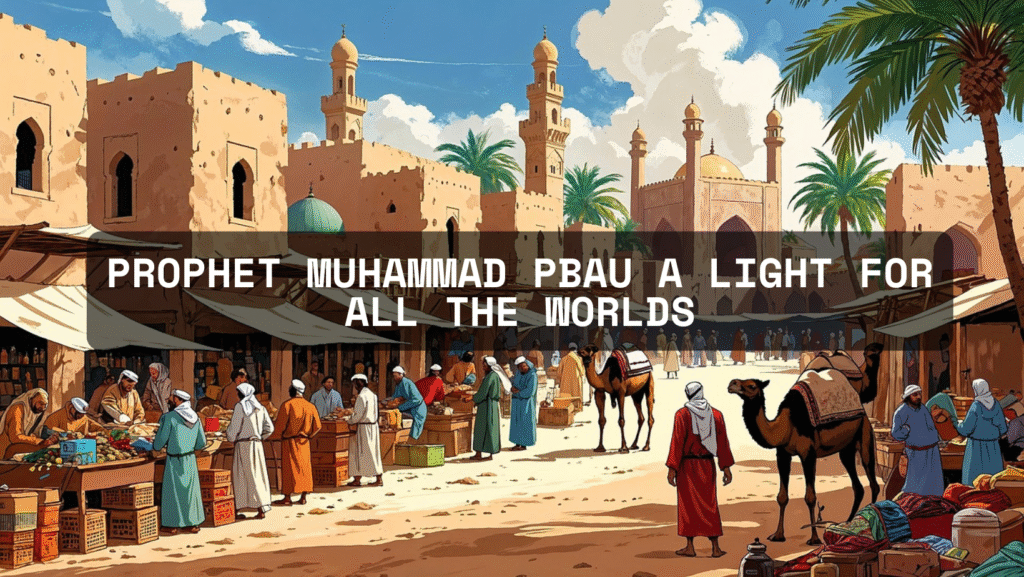Prophets in Islam from Adam (A.S) to Noah (A.S), Ibrahim (A.S), Musa (A.S), and Isa (A.S) delivered divine guidance to their people. But none has influenced the world like Prophet Muhammad (PBUH), the final messenger. This article explores how the Islam religion text began to spread secretly in the early years, who the important people in Islam were at this stage, and what this period means in the grand history of Islam.
The First Revelation and Beginning of Prophethood
In 610 CE, in the Cave of Hira near Makkah, Prophet Muhammad (PBUH) received the first revelation through the angel Jibreel (Gabriel). The words “Iqra’ bismi rabbika alladhi khalaq” (“Read in the name of your Lord who created…”) marked the beginning of the Islam religion text, now known as the Quran. This event was a turning point in the spiritual history of mankind and the first step in the mission of the final Prophet of Islam.
The Secret Phase of Preaching (610–613 CE)
For the first three years, Prophet Muhammad (PBUH) preached Islam secretly. He was commanded to spread the message cautiously to avoid the immediate backlash of the Quraysh, who were deeply rooted in idol worship.
Why Secrecy?
Makkah was hostile to any challenge to its religious structure.
The early Muslims were few in number and had no political or tribal support.
Secrecy allowed the message to reach people slowly, sincerely, and safely.
Important People in Islam During the Secret Phase
Some of the most important people in Islam accepted the religion during this phase. Their courage and faith laid the foundation for what would become a global faith.
1. Khadijah bint Khuwaylid (RA)
The first believer in Islam.
Wife of Prophet Muhammad (PBUH) and his greatest emotional and financial support.
Her faith and loyalty gave the Prophet (PBUH) immense strength.
2. Ali ibn Abi Talib (RA)
The first child to accept Islam.
Raised in the Prophet’s household.
Became one of the most knowledgeable and courageous companions.
3. Abu Bakr As-Siddiq (RA)
The first adult male to embrace Islam.
A key figure among the companions and later the first Caliph.
Through his efforts, many influential people also became Muslims.
4. Zayd ibn Harithah (RA)
The adopted son of Prophet Muhammad (PBUH).
Among the first to pray with the Prophet (PBUH).
5. Uthman ibn Affan (RA) and Abdur Rahman ibn Awf (RA)
Wealthy and respected companions who embraced Islam early and supported it with their wealth.
The Role of Dar al-Arqam
As more people embraced Islam, Prophet Muhammad (PBUH) chose a safe location for teaching and prayer: Dar al-Arqam the house of Arqam ibn Abi Arqam near Mount Safa.
It became the first Islamic center.
Here, new converts learned about the Islam religion text (Quranic revelations).
It served as a training ground for future leaders of Islam.
Key Themes in Early Islam
The early teachings focused on:
Tawheed (Oneness of God)
Akhlaq (Character and morality)
Life after death
Justice and equality
Prayer and worship
These concepts were radical at the time, challenging tribalism, idol worship, and economic exploitation.
Quranic Verses Revealed During This Time
The early verses of the Quran were short, poetic, and powerful. They addressed:
The majesty of Allah (e.g. Surah Al-Alaq, Surah Al-Muddathir)
Reflection on nature and creation
Warnings against arrogance and injustice
These verses formed the foundation of the Islam religion text, which would continue to be revealed over 23 years.
Reactions of Quraysh
Even during this secret phase, rumors about a new message began to spread. The Quraysh grew concerned, especially when respected figures started converting to Islam.
However, because the message was still private and had not challenged the Quraysh publicly, they did not yet respond with full force.
Strategic Wisdom of Prophet Muhammad (PBUH)
Prophet Muhammad (PBUH) showed immense wisdom during this phase:
He personally invited trustworthy individuals.
He avoided public gatherings that could trigger conflict.
He focused on building a core group of faithful believers.
This laid a strong base for the later, more public mission.
The End of the Secret Phase
After nearly three years, Prophet Muhammad (PBUH) received the divine command:
“And warn your closest kindred.” (Quran 26:214)
This marked the transition from private preaching to public dawah, beginning a new and more challenging chapter.
Legacy of the Early Preaching Phase
Introduced the world to the final Prophet of Islam.
Built the first Muslim community.
Proved that real change begins with faith, patience, and people – not power.
Highlighted the bravery of the important people in Islam who embraced truth despite danger.
Conclusion
The early preaching of Islam was a period of silence, strength, and strategy. It reminds us that even the greatest missions begin quietly, with conviction in the heart and trust in God.
From the first words revealed in the Islam religion text, to the earliest believers who shaped the ummah, this phase is one of the most powerful chapters in the story of Islam.




